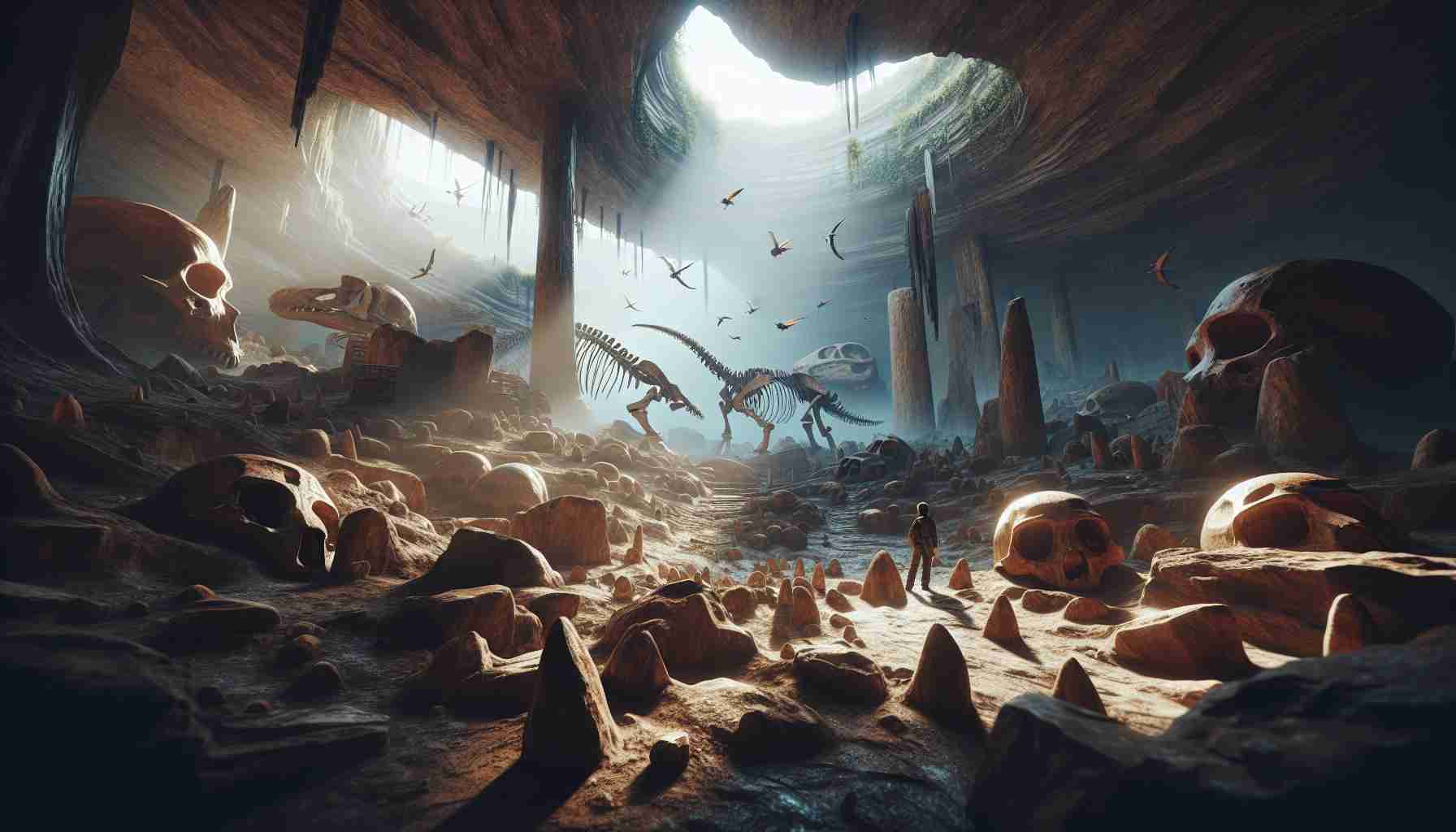In an astonishing turn of events, scientists have uncovered an entirely new human species that could dramatically reshape our understanding of human history. Known as Homo juluensis, this species roamed Asia between 300,000 to 50,000 years ago, offering novel insights into early human societies.
The Role of Homo juluensis in Human Evolution
The emergence of Homo juluensis challenges long-held theories about the diversity of ancient human species, which have predominantly focused on Homo sapiens, Homo erectus, and Neanderthals. This new discovery comes at a crucial time as advancements in research technologies provide a deeper look at our intricate ancestral history.
This newly identified species is particularly vital in clarifying the physical history of the Denisovans, an enigmatic group previously known more for genetic traces than fossils. Homo juluensis helps close some gaps in understanding how ancient human populations developed and interacted throughout Asia.
Discoveries and Adaptations
The fossils of Homo juluensis reveal a distinctive array of features not seen in other early human species. Researchers have found evidence of sophisticated tool-making and adaptations that allowed this species to thrive in Asia’s demanding climates. Such findings suggest unique survival strategies and a complex interaction with other human groups, including potential cohabitation or interbreeding with Denisovans.
The Future of Human Evolutionary Study
This pivotal discovery underscores the evolving nature of paleoanthropology and highlights how new methodologies can redefine our comprehension of human history. By delving into the life and times of Homo juluensis, scientists are opening the door to more groundbreaking revelations about our ancient ancestors.
Are We Alone? New Human Species Homo juluensis Reveals More Mysteries
The discovery of Homo juluensis is turning heads worldwide. But as the initial excitement settles, new facets of this discovery spark thrilling debates and reflections on the implications for technology, culture, and humanity’s future.
Impacts on Genetic and Biomedical Research
Discovering a new human species like Homo juluensis provides fresh material for genetic studies, which could revolutionize our understanding of human diversity and evolution. The genetic makeup of Homo juluensis may offer clues to unique biological adaptations that can lead to new advances in medicine and biotechnology. For example, the study of their genetic resilience to harsh climates might inspire new treatments or preventions for diseases influenced by environmental factors.
These genetic insights could push the boundaries of personalized medicine. Questions arise such as: Could understanding these ancient adaptations help combat modern diseases linked to environmental changes? The potential is vast, as seen with previous studies on Neanderthal DNA influencing modern human traits today.
Ethical and Controversial Questions in Human Evolution
The introduction of Homo juluensis into the evolutionary narrative stirs up ethical questions about what it means to be human and how we classify our ancestors. Is it fair to reassess theories that have long shaped our understanding of evolution? Such debates are not merely academic, as they have deep implications for how we perceive ourselves and our place in the world.
Moreover, this discovery ignites controversies around human rights and historical recognition of indigenous groups who might be direct descendants of ancient species like Homo juluensis. Could new genetic lines blur the ethical boundaries of digging into ancestral grounds?
The Technological Edge in Paleoanthropology
High-tech methods like genome sequencing and advanced dating techniques played crucial roles in this discovery. The ongoing enhancement in technologies allows scientists to delve deeper into the past with precision. Tools that weren’t available a decade ago are now at the forefront of revolutionizing our understanding of ancient species.
These tools raise questions: What other secrets are buried beneath the Earth’s surface, waiting for technology to discover them? This amplifies the importance of investing in scientific technology that continuously pushes the envelope of current capabilities.
Advantages and Disadvantages of the Discovery
One significant advantage is enhancing our scientific knowledge with a richer, more comprehensive history of human evolution. Unveiling Homo juluensis broadens our comprehension, potentially unlocking applications in adaptive biology and anthropology.
On the flip side, such discoveries can complicate our current models of evolution. If new species continue to emerge, it may lead to conflicting theories that challenge established knowledge, requiring a paradigm shift in how evolution is taught and understood.
Related Questions and Answers
**Why is the discovery of Homo juluensis important for technological advancements?**
The genetic study of Homo juluensis may unlock new insights into human adaptability, offering clues for technological breakthroughs in medicine, environmental science, and even artificial intelligence.
**Could Homo juluensis change our historical narratives?**
Yes, this discovery might necessitate a revision of historical and cultural narratives, acknowledging the complexity and richness of human ancestry beyond what was known.
For more information on advancements in paleogenomics and human evolution, check out the Nature and Science Daily.
